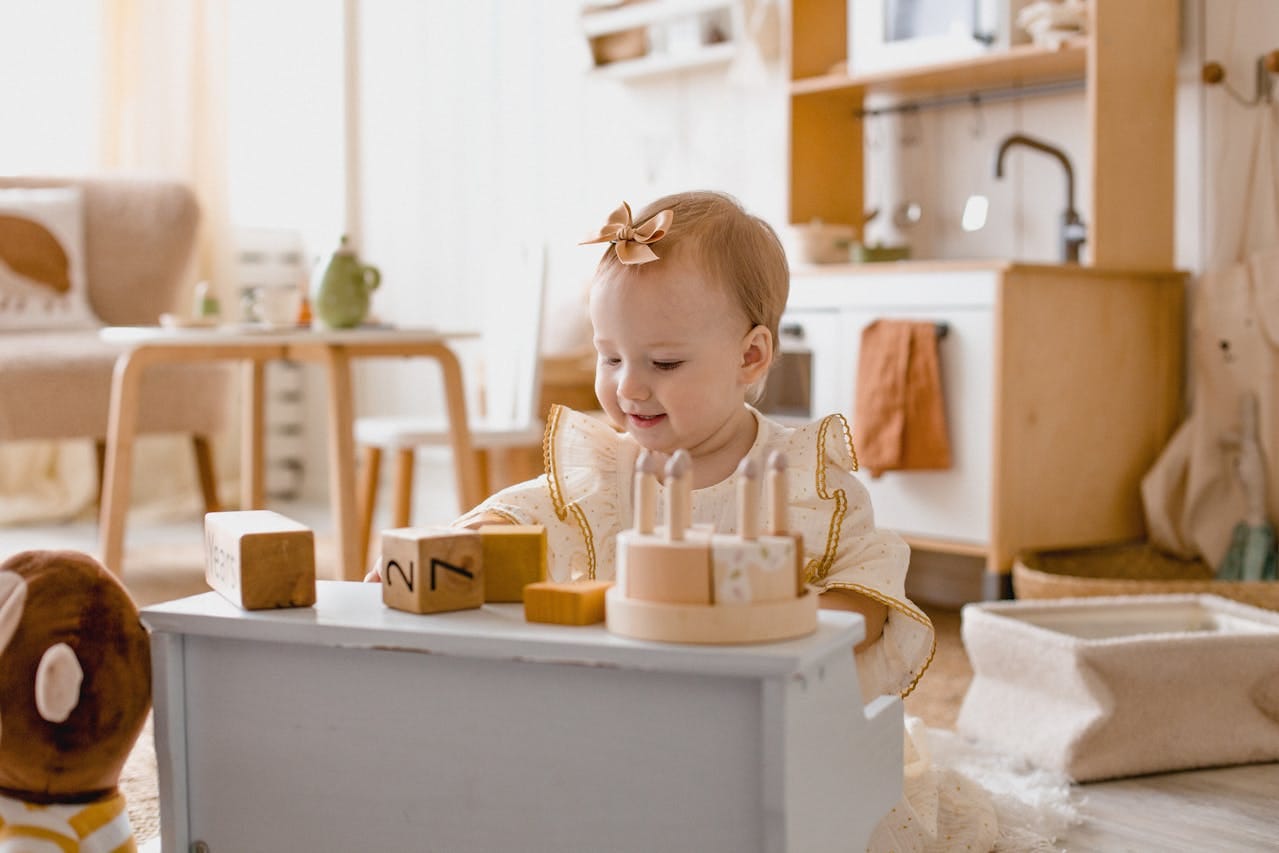Watching your baby grow is one of life’s greatest joys, but it can also leave parents wondering: “Is my baby developing as they should?” Understanding key developmental milestones can help you track your baby’s progress and recognize when additional support might be needed. From their first smile to taking those initial steps, these milestones offer a window into your baby’s physical, social, and cognitive growth.
This guide breaks down major baby development milestones by age, offering insights into what to watch for and tips to support your little one every step of the way.
Why Are Developmental Milestones Important?
Developmental milestones act as benchmarks that signal your baby is growing and learning as expected. While every baby develops at their own pace, these milestones provide a general framework to help parents and caregivers identify patterns and potential delays. According to the Centers for Disease Control and Prevention (CDC), early identification of delays can improve outcomes through timely intervention.
Key Developmental Milestones to Watch
1. Newborn to 3 Months: Building Foundations
- Physical Milestones:
- Lifts head briefly when lying on their stomach.
- Begins to follow objects with their eyes.
- Grasp reflex develops (holding onto your finger).
- Social & Emotional Milestones:
- Smiles in response to your voice or face (around 6–8 weeks).
- Starts to coo and make gurgling sounds.
Tips to Support Your Baby: Engage in tummy time daily to strengthen neck muscles, and make eye contact to encourage social bonding.
2. 4 to 6 Months: Exploring the World
- Physical Milestones:
- Rolls over (front to back and back to front).
- Begins sitting with support.
- Reaches for toys and brings them to their mouth.
- Cognitive Milestones:
- Tracks moving objects more accurately.
- Shows curiosity by exploring textures and sounds.
Tips to Support Your Baby: Offer colorful toys to stimulate sensory exploration, and talk or sing to them to enhance cognitive and language skills.
3. 7 to 9 Months: Gaining Independence
- Physical Milestones:
- Sits without support.
- Starts crawling or scooting.
- Uses thumb and fingers to grasp objects (pincer grasp).
- Social & Emotional Milestones:
- Responds to their name.
- Displays attachment to familiar caregivers and may show signs of stranger anxiety.
Tips to Support Your Baby: Encourage exploration by creating a safe play area and use interactive games like peek-a-boo to build social connections.
4. 10 to 12 Months: First Steps and First Words
- Physical Milestones:
- Pulls to stand and may take a few independent steps.
- Starts using furniture to “cruise” around.
- Language Milestones:
- Says basic words like “mama” or “dada” with meaning.
- Understands simple instructions, such as “no” or “wave goodbye.”
Tips to Support Your Baby: Cheer on their first steps with lots of encouragement, and read simple books to expand their vocabulary.
What If Your Baby Isn’t Meeting Milestones?
It’s important to remember that every child is unique, and some may reach milestones sooner or later than others. However, certain delays might signal developmental concerns. If you’re worried, consult your pediatrician for guidance. Organizations like the American Academy of Pediatrics (AAP) emphasize the importance of early screening and intervention for developmental delays.
How to Encourage Healthy Development
- Create a Stimulating Environment: Surround your baby with age-appropriate toys and activities to foster learning and exploration.
- Engage in Quality Interaction: Talk, sing, and play with your baby daily to support their cognitive and emotional growth.
- Practice Tummy Time: Helps strengthen muscles needed for crawling and sitting.
- Follow a Routine: Consistency in sleep, feeding, and play can enhance your baby’s sense of security.
Recognizing the Bigger Picture
Developmental milestones provide a roadmap for your baby’s growth, but they’re only part of the story. Celebrate your child’s progress without overly comparing them to others, and trust your instincts if something feels off. By staying informed and proactive, you can help your baby reach their full potential.

